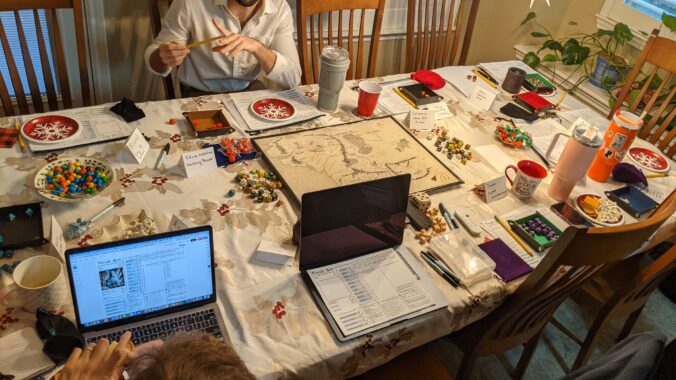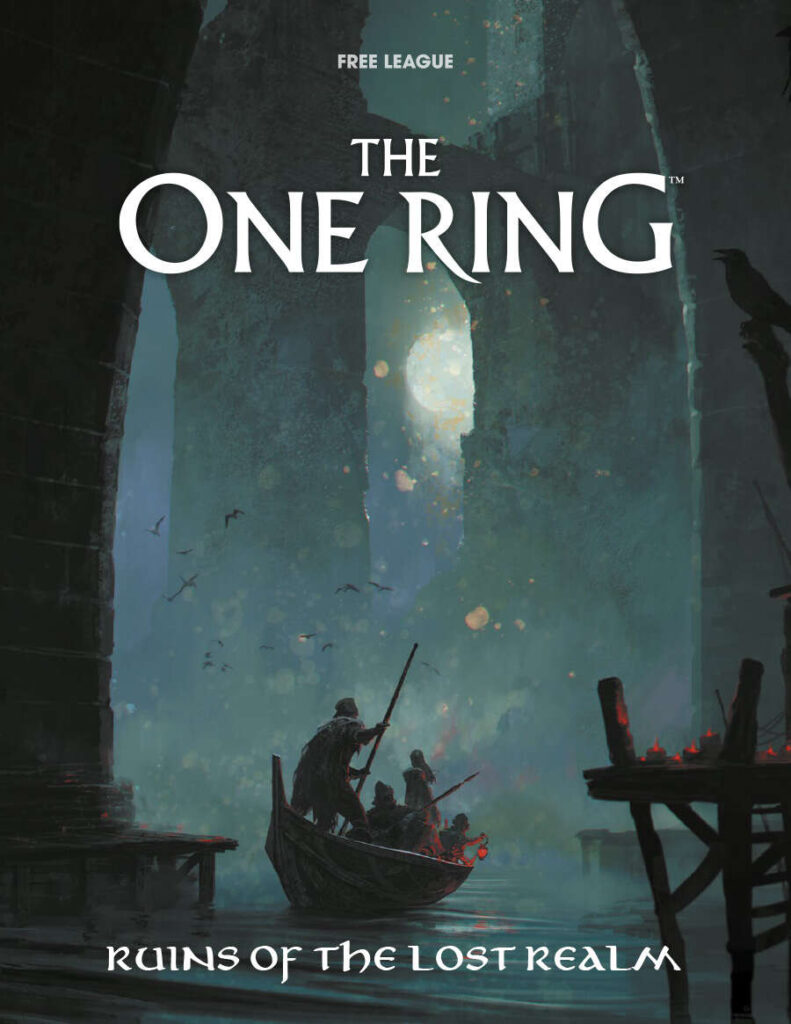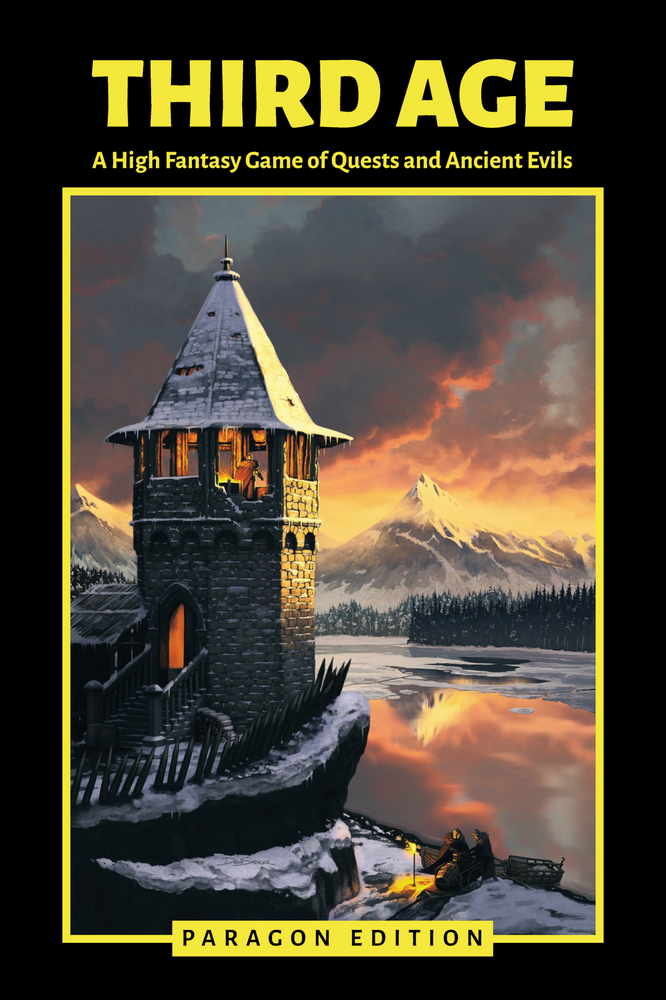The first session of our Middle-earth game I thought ran really well, particulary with nine players plus me as the GM! Here are things I would have done differently and ideas to improve future games.
Things That Worked Well
- Tracking initiative in a spreadsheet and shorting in ascending order worked well. Next time I’ll do that inline in Obsidian using a sortable table widget.
- Tracking the Threat Level using an oversized die worked well.
- Marking down the Target Number on the map worked well; I’ll try to get a dedicated erasable 4×6 card to do this going forward for better visibility.
Areas of Improvement
- I run these games on Sunday afternoons. I fast and don’t drink anything before communion, which means I need to over-hydrate after church to prepare for the game.
- I should calculate the hex journey length on the map prior to the game.
- I’ll need to brush up on the Middle-earth Elvish languages which High-Elves and Wood-Elves would typically speak.
- I’ll want to avoid doing excessive lore-dumps during the game; if people want 8 minutes of monologue on the 1st Age or something, I should save that for a break.
Rules Adjudication
- The better approach to having someone do something like saving a bystander (the captive shopkeeper or the orphan kid) as their action is to have a contest, and then awarded an Advantage die on a success.
- I should not have had 2d10 Threat roll for a contest when the max trait rating for PCs was only a d8. Going forward, as a rule of thumb, to ensure that players have a strong chance of at least one hero prevailing, I’ll have the opposition be their name die + one step up (e.g., 2d8 if their name die is d6), or their peak Domain die, whichever is higher.
- I should award renown after each contest (or track on a sheet and award at end). I may appoint an XP tracker or Rules Master to make sure I don’t miss this.
- I should make it clear that encountering an enemy with the Shadowed trait means the PC will lose hope AND gain shadow and if they Suffer (lose the contest).
- I should not forget that during the 1st phase of a showdown the winner earns an advantage die (and remind players to spend it later on).
- I should note that Seize Control also lets you determine the opposition’s fate in the Finale.
Running Faster, More Efficient Contests
Despite how smoothly things ran, I’ve got some ideas on speeding things up. We’ll use this structure, and I’ll work to get players to stick to this tightly:
- Narration Phase: Going from lowest to highest roll, players declare their deeds per the standard rules.
- GM Scene Framing: GM does a good job of establishing the contest parameters — what is happening in the environment, what appears to be immanent, and what the PCs much overcome. Note what likely portion of the problem a given player can overcome Example: if 9 PCs, maybe say there are 12 known enemies plus a boss character, each can deal with a few, and only the Best PC can thwart the boss character. I usually have reinforcements waiting in the shadows if a PC over-narrates and we’re out of obstacles before narration is done.
- Support Declaration Phase: Players announce any Support and lent Advantage dice (via spending a bond).
- Dice Roll Phase (Numbers Without Narration): Players assemble their dice pools and roll their results, announcing the numeric result to the GM as soon as they finish. Players do NOT narrate any of their deeds. This is done popcorn style as each player finishes rather than the GM selecting a player and waiting for them to build their pool. GM logs this is a spreadsheet, with the target number as a row (sorta like a PC), and sorts from lowest to highest number.
Game Session Break-down
We had a game session that lasted 4 Hours and 30 hours, and included breaks totaling 40 minutes. It included the following:
- Character Creation (40 minutes, included one person arriving 30 minutes late)
- Adventure (3 hours, 10 minutes)
- Cirdan Audience (roleplaying scene)
- River Threat (1 contest)
- 3 bond scenes (vignette scene)
- Alehouse Recon (roleplaying scene)
- General Store Purchases / Recon (roleplaying scene)
- Smith Hammer Discussion (roleplaying scene)
- Bregor Alley Black Cloak Fight (1 contest)
- Showdown:
- Clash (1 contest)
- Threats (4 contests)
- Finale (1 contest)
To summarize, with a GM and 9 players (all completely new to the system), over 3 hours, 10 minutes we had:
- 4 roleplaying scenes (10-30 minutes each, about 60 minutes total)
- 3 bond scenes (3-5 minute vignettes, about 10 minutes total)
- 8 contests (everything from entire combats to skill challenges, resolved in one round of rolls, around 15 minutes per contest (1.5 minutes per player per contest), about 2 hours total)
All of which is to say, games using Paragon system inspired mechanics are a dream to run for large groups!


